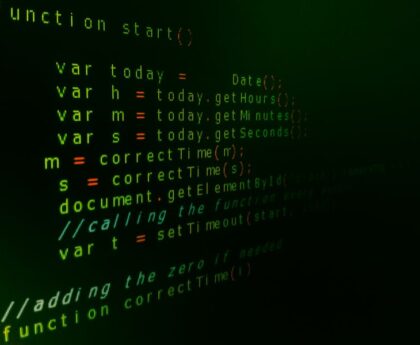Supreme Court Temporarily Blocks $6 Billion Purdue Pharma-Sackler Bankruptcy
Introduction
The U.S. Supreme Court has decided to review a contentious bankruptcy case involving Purdue Pharma, the manufacturer of Oxycontin, and the Sackler family, who owns the company. In a temporary move, the Supreme Court has blocked the implementation of a $6 billion deal while the appeal is being heard. This case centers around whether bankruptcy courts have the authority to approve deals that extinguish claims against third parties who are not bankrupt. The decision by the Supreme Court to hear this appeal follows years of legal maneuvers and contradictory court decisions. The outcome of this case has the potential to set precedents affecting other controversial bankruptcy deals that involve wealthy companies and individuals.
The Complex Settlement and Controversial Provisions
In 2021, a federal bankruptcy court in New York approved a complex settlement involving Purdue Pharma and the Sackler family. Despite not being bankrupt, wealthy members of the Sackler family were included in the settlement. In exchange for a $6 billion payment from the Sacklers, the arrangement would block future opioid lawsuits targeting them. This provision has drawn criticism from members of Congress from both parties, who consider it a strategy employed by wealthy firms and individuals to limit their legal liability.
Implications for Bankruptcy Law and Legal Liability
The Supreme Court’s decision to review this case is expected to provide much-needed clarity on the power of bankruptcy courts in approving deals that involve third parties not declared bankrupt. Legal experts anticipate that the outcome could have far-reaching implications for other bankruptcy cases involving wealthy companies and individuals. In recent years, an increasing number of firms, including Johnson & Johnson, have used bankruptcy maneuvers to minimize their legal liability. The lack of clear guidelines from Congress or the Supreme Court has created uncertainty in how such cases will be decided.
Public Health Impact and Pharmaceutical Responsibility
The Oxycontin maker Purdue Pharma has been at the center of the opioid crisis in the United States. The company has pleaded guilty twice to federal criminal charges related to its sales and marketing of opioids. Oxycontin, in particular, has been identified by public health experts as a major contributor to the opioid crisis, which has resulted in hundreds of thousands of deaths. To date, more than 80,000 deaths have been linked to opioids in 2022 alone. While Purdue Pharma has faced legal consequences, the Sackler family, who owns the company, has not been charged with any crimes.
Editorial: Balancing Legal Protections and Accountability
The case involving Purdue Pharma and the Sackler family brings to the forefront a critical debate regarding the balance between legal protections for wealthy companies and individuals and ensuring accountability for their actions. Bankruptcy deals that shield third parties from lawsuits raise concerns about the fairness of the legal system and the ability of victims to seek justice. It is crucial for the Supreme Court to provide clear guidance on the authority of bankruptcy courts to approve such deals, as it has the potential to impact the future of bankruptcy law and the ability to hold wealthy entities accountable for their actions.
Advice for Future Bankruptcy Cases and Legislative Action
While awaiting the Supreme Court’s ruling on this case, it is necessary for Congress to take a proactive role in providing clarity on the issue of bankruptcy deals involving third parties. Legislation should be considered to ensure a fair and transparent process that considers the interests of victims, fosters accountability, and prevents the misuse of bankruptcy maneuvers by wealthy entities seeking to evade legal liability. The public health implications of cases involving pharmaceutical companies also warrant a closer examination of regulations and oversight to prevent future crises.
In conclusion, the Supreme Court’s decision to review the Purdue Pharma-Sackler bankruptcy case carries significant implications for bankruptcy law, legal liability, and accountability for wealthy companies and individuals. The outcome of this case has the potential to set precedents that will impact future bankruptcy deals and the ability to seek justice for victims. It is now up to the Supreme Court to provide clarity on the authority of bankruptcy courts and for Congress to consider legislative action to address the challenges raised by such cases.

<< photo by Sora Shimazaki >>
The image is for illustrative purposes only and does not depict the actual situation.
You might want to read !
- US Supreme Court Halts Purdue Pharma’s $6 Billion Bankruptcy in Historic Decision
- The Last Voyage of the Demeter: A Haunting and Captivating Thrill Ride – IGN Review
- Sweden’s Victory over Japan Puts Them in the Semifinals: A Closer Look at the Match
- SEC’s Use of In-House Judges Faces US Supreme Court Review, Raising Questions on Fairness and Impartiality
- Affirmative Action Under Scrutiny: US Supreme Court Strikes Down Race-Based College Admissions
- GameStop Saga Continues: AMC Stock Soars on Back of New Openings and Legal Battles
- AMC Stock Skyrockets 60% as Judge Halts Ape-to-Stock Trading




